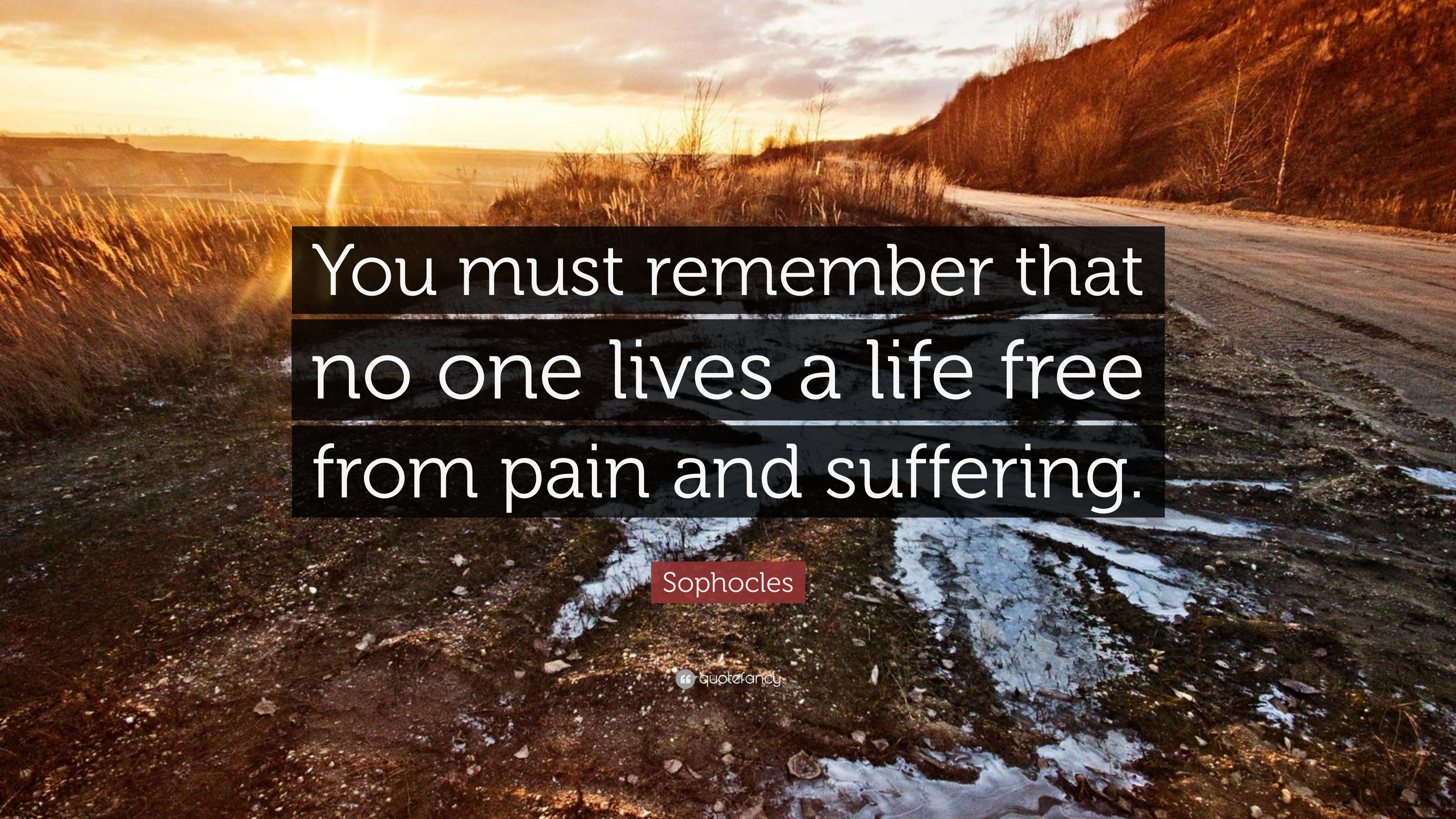

Horrible things of all kinds happen in our world-and that has been the story since the dawn of civilization. Millions starve and die in North Korea as famine ravages the land. A crazed cult leader pushes eighty-five people to their deaths in Waco, Texas. Countless multitudes suffer the ravages of war in Somalia. A pit bull attacks a two-year-old child, angrily ripping his flesh and killing him.

A pancreatic cancer patient suffers prolonged, excruciating pain and dies. Something is dreadfully wrong with our world. As it is, however, thousands of good-hearted, innocent people experience the ravages of violent crime, terminal disease, and other evils. It would be one thing if the only people who suffered debilitating diseases or tragic losses were the likes of Adolf Hitler, Joseph Stalin or Osama Bin Laden.


If God is all-powerful, all-knowing and perfectly good, why does he let so many bad things happen? This question raises what philosophers call “the problem of evil.” The survey included the question “If you could ask God only one question and you knew he would give you an answer, what would you ask?” The most common response, offered by 17% of those who could think of a question was “Why is there pain and suffering in the world?” (Strobel 2000, p. Journalist and best-selling author Lee Strobel commissioned George Barna, the public-opinion pollster, to conduct a nationwide survey. Other Responses to the Logical Problem of Evil.An Objection: Free Will and Natural Evil.Divine Omnipotence and the Free Will Defense.Logical Consistency and the Logical Problem of Evil.Special attention is given to the free will defense, which has been the most widely discussed theistic response to the logical problem of evil. The article clarifies the nature of the logical problem of evil and considers various theistic responses to the problem. This article addresses one form of that problem that is prominent in recent philosophical discussions–that the conflict that exists between the claims of orthodox theism and the facts about evil and suffering in our world is a logical one. The challenged posed by this apparent conflict has come to be known as the problem of evil. These facts about evil and suffering seem to conflict with the orthodox theist claim that there exists a perfectly good God. And yet we find that our world is filled with countless instances of evil and suffering. Furthermore, if God were morally perfect, then surely God would want to do something about it. If God were all-powerful, God would be able to do something about all of the evil and suffering. If God were all-knowing, it seems that God would know about all of the horrible things that happen in our world. The existence of evil and suffering in our world seems to pose a serious challenge to belief in the existence of a perfect God.


 0 kommentar(er)
0 kommentar(er)
